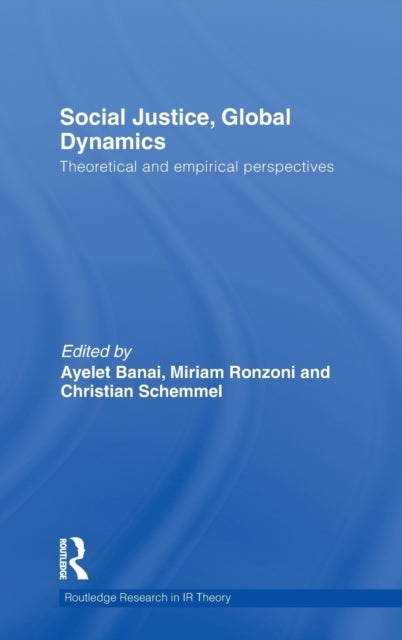
Social Justice, Global Dynamics
1819,-
<P>Many theoretical publications make assumptions about the facts of globalization, and in particular about the role and autonomy of the nation state. These factual claims and assumptions often play an important role in justifying the normative conclusions, yet remain under-explored.</P><P>This interdisciplinary volume examines questions that are central to the problems of both social and international justice, and in particular, to their interdependence: </P><UL><UL><P></P></UL><LI>How do global and transnational factors influence the capacity of states to be internally just?</LI><LI>Has the state lost its capacity for autonomous action in the global economy, and thus its ethical significance for theories of justice? If so, which institutional reforms could address this problem?</LI><LI>What is the role of the state in a just international order? </LI><UL><P></P></UL></UL><P>The authors address important connections between domestic social justice and global dynamics, by identifying p








